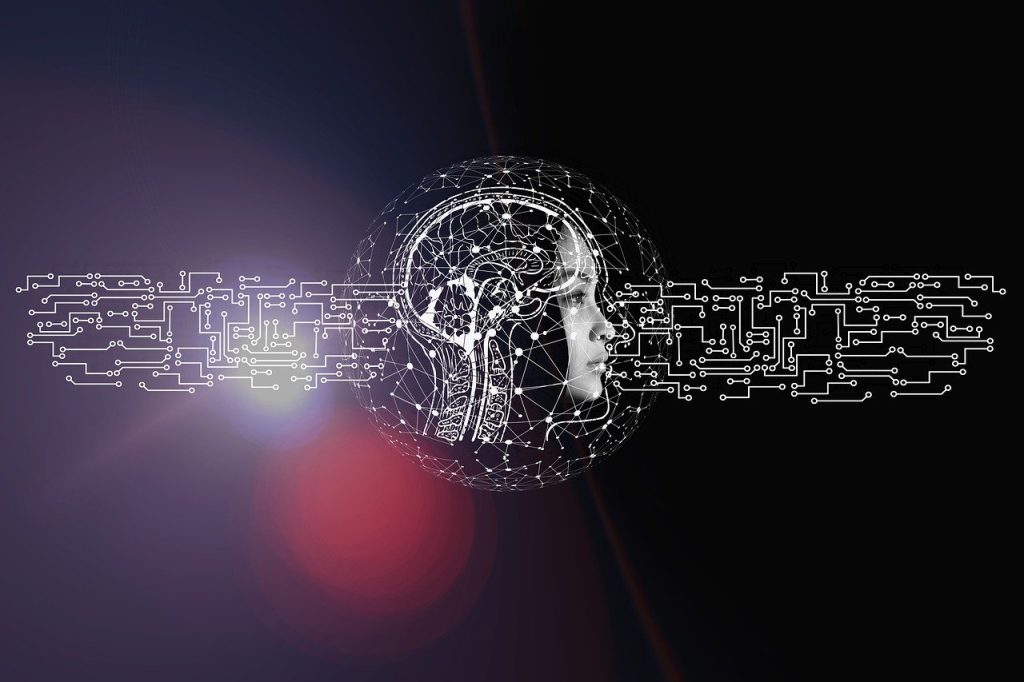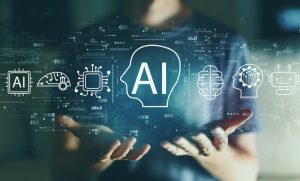Pros And Cons Of Artificial Intelligence – Is Artificial Intelligence Appropriate For You?

We investigated the benefits and risks of AI and attempted to determine whether it is cruel or not. People have long wished to build machines capable of making decisions. For a long time, it was assumed as a potential it seemed too pretty good, and that was only shown in science-fiction movies. Self-driving cars and apps like SIRI have decided to make far enough fantasy a reality.
John McCarthy invented the phrase “Artificial Intelligence” in 1950. “Every component of teaching or another highlight of intellectual ability may in concept be so exactly characterized that a device can be managed to make to imitate it,” he continued. This will be tried to learn how to program computers to use dialect, create abstract concepts and ideas, and resolve issues that people encounter.
Since its founding, artificial intelligence had also progressed at a rapid pace. In recent times, the idea of AI has been associated with only human-like personas and robots, despite the fact that it encapsulates all from weapons systems to wearables and Google’s search tool.
Today’s AI is created to fulfill more restricted tasks including driving a vehicle, going to perform web searches, face recognition, and on and on. The concept’s main objective, on the other hand, was to build a strong AI (or overall AI) that can replace humans in a range of activities, such as each and every day and like solving the equation or playing chess.
WHAT IS ARTIFICIAL INTELLIGENCE, What Were The Benefits And Risks OF AI?
From SIRI to automatic cars, AI is developing rapidly. While robots with human attributes are frequently depicted in films, AI technology can refer to anything from Google’s algorithms to IBM’s Anderson to digitalized weapons.
Artificial intelligence is by far the most advanced symptom of humanoid creatures’ desire to use software to solve or promote better life problems.
What are all these computer systems exactly, where and did they arrive from? Make inquiries regarding their beginnings or whether those who tackle the issues they claim to solve. Are they moral?




